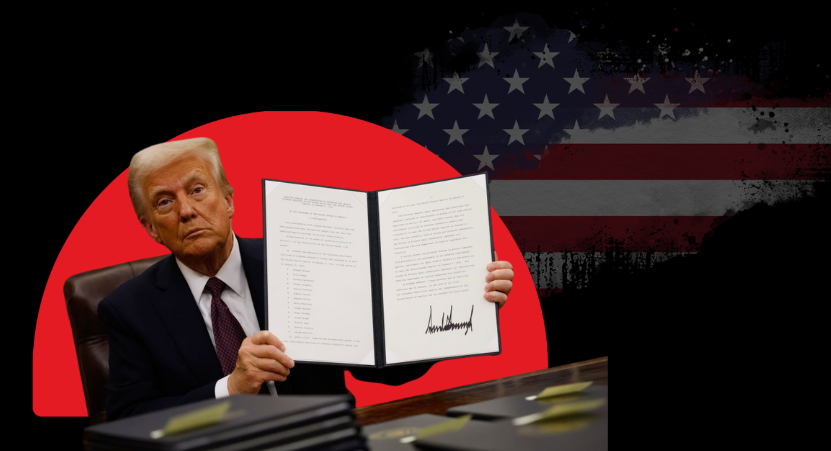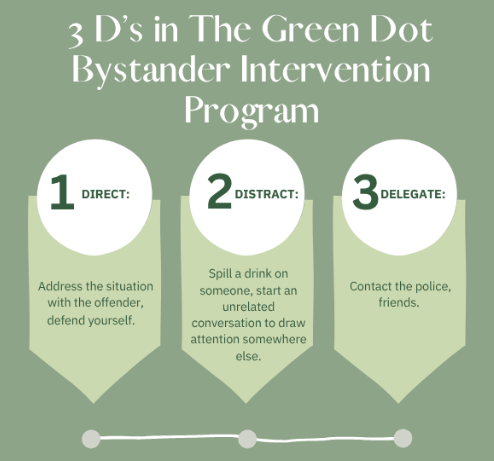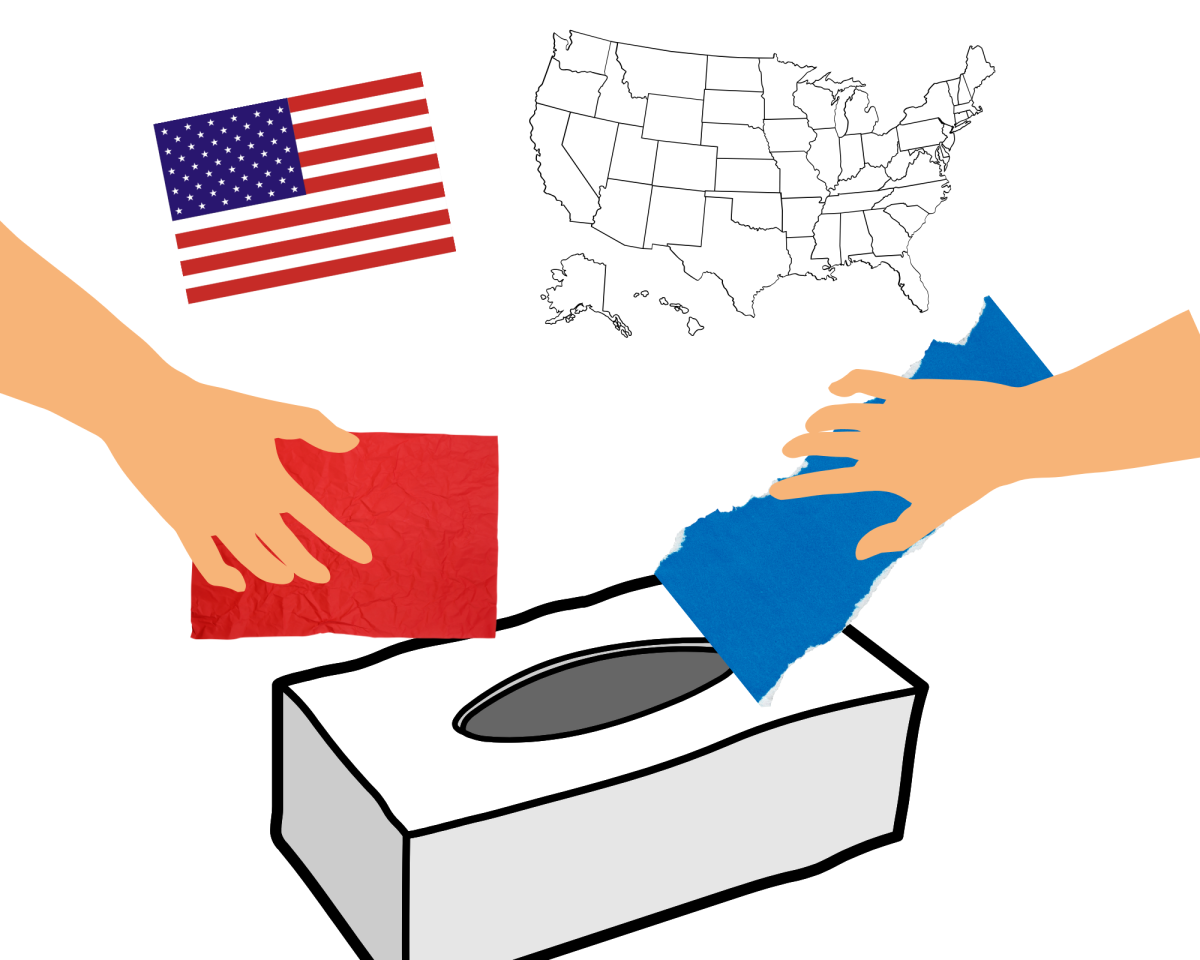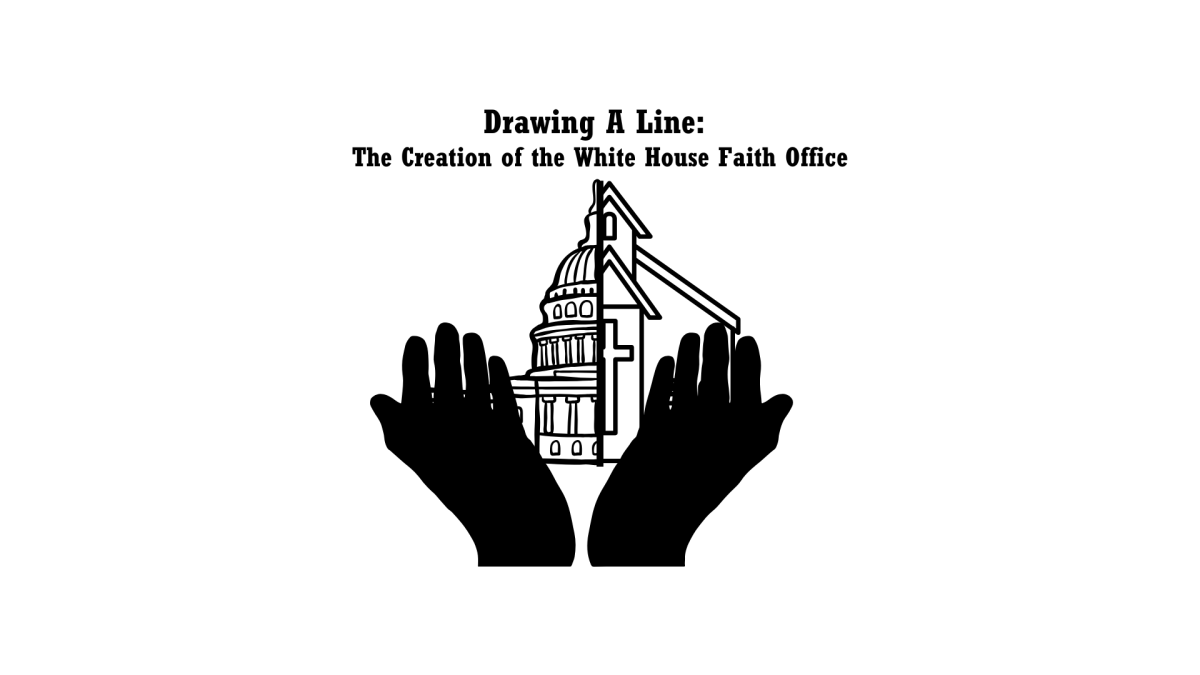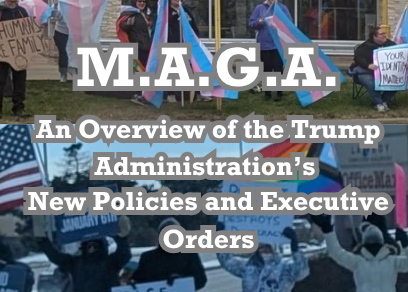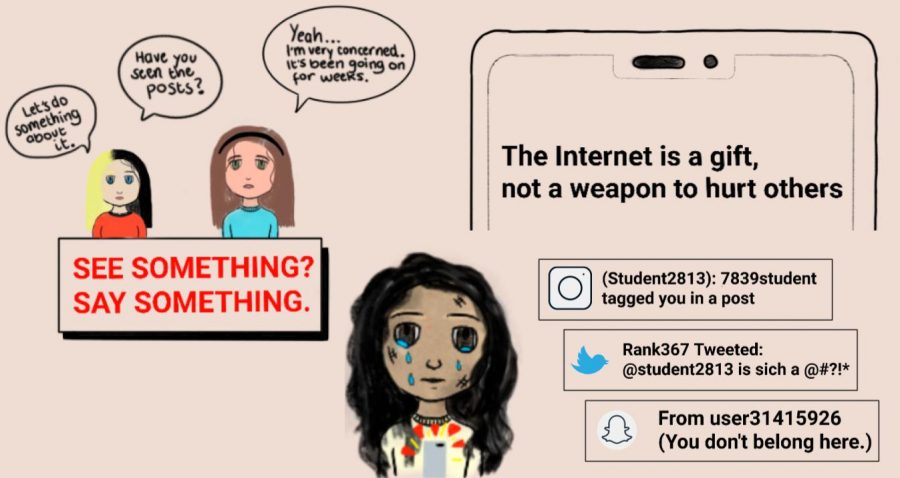In the first five months of 2025, the Trump administration has been rolling back and removing federal DEI programs and initiatives. These actions started on Jan. 20, 2025, when President Trump signed an executive order titled, “Ending Radical And Wasteful Government DEI Programs And Preferencing.” According to the official White House website, the reasoning for ending these programs is to end “public waste” and “shameful discrimination.” President Trump claims the main goal of slashing these programs is so that those who hold these positions are employed based on the skill of the person holding the job, and not based off of reasons related to diversity. According to the White House website, “federal employment practices, including Federal employee performance reviews, shall reward individual initiative, skills, performance, and hard work and shall not under any circumstances consider DEI or DEIA factors, goals, policies, mandates, or requirements.” Per the White House’s statement, the administration plans to have Russell Vought, Director of the Office of Management and Budget, Attorney General Pam Bondi, and Charles Ezell, Director of Office of Personnel Management, lead this new push to eliminate what is deemed discriminatory programs, “illegal DEI,” and any programs or policies related to “diversity, equity, inclusion and accessibility” in the federal government.
What are DEI programs?
There is a long history of inclusion programs in the United States. Many historians believe that the catalyst for inclusivity in communities and workplaces was the The Civil Rights Act of 1964. The Civil Rights Act was an act signed into law by the 36th president, Lyndon B. Johnson, on July 2, 1964. This law protected people from discrimination in the workforce, schools, public places, and public services. From The Civil Rights Act to 2025, there have been many pushes in the United States that focus on expanding inclusivity, some most recently taking effect during the previous Biden-Harris presidential administration. On June 25, 2021, former President Joe Biden signed the “Executive Order on Diversity, Equity, Inclusion, and Accessibility in the Federal Workforce.” This act was focused on “[strengthening] the Federal workforce by promoting diversity, equity, inclusion, and accessibility,” according to The White House archived website.
How have DEI initiatives impacted people’s lives?
There are many ways that DEI programs have impacted and helped American citizens. They range from creating more opportunities for people to access schooling, to hiring practices that ensure candidates won’t be discriminated against based on race, gender, and other factors. According to PeopleThriver.com “the benefits of DEI in the workplace include improved collaboration, innovation, recruitment, employee satisfaction, customer satisfaction, employee engagement, and retention. These benefits help employees stay motivated at work and help companies achieve their long-term financial goals.” There are several statistics that identify the benefits of DEI programming. In a study conducted by LinkedIn, they stated “60% of respondents said that diversity within their sales team has contributed to their teams’ success,” as well as saying “diverse companies earn 2.5x higher cash flow per employee.” However, businesses aren’t the only places where DEI programs are a benefit.
Federal DEI programming has a direct impact on schools. These programs in schools aim to encourage more inclusive classrooms, by bringing in students from different backgrounds and economic statuses. Inclusivity can have other positive effects in schools For example, in public education, Pell Grants are considered DEI initiatives because they are “awarded only to undergraduate students who display exceptional financial need and have not earned a bachelor’s, graduate, or professional degree,” according to Federal Student Aid, an office of the U.S. Department of Education. Additionally, American University’s online School of Education says that “the presence of diversity in the classroom allows students to consider perspectives and opinions beyond those they’ve already formed or were shaped in early life by family and friends.” As well as bringing in new perspectives into the classroom, DEI programs can help those who are underprivileged gain access to schooling with federal scholarships, like government run programs such as FAFSA.
DEI programs play just as much of an important role within our country’s military, as the classroom and the workplace. The previous Biden-Harris administration added DEI initiatives into the country’s military. According to ORMS Today Magazine, “diversity, equity and inclusion efforts are critical to future U.S. armed forces facing peer or near-peer competition…Without DEI, the national security community is at risk.” Additionally, in an article from the U.S. Department of Defense, former Department of Defense Chief John Sherman commented at the 2023 TechNet Cyber conference, “human beings have got to be the core of this.” In a report done by the DOD in 2023, the military had 82.3% male active duty members and 17.7% female active duty members at the time of reporting.
How has the American public reacted to the removal of these programs?
In response to Trump’s removal of these DEI programs, many major companies, such as Google, Target, Pepsi, and others, have completely ended, or are pushing back their own inclusion initiatives. The public’s response to these actions have been mixed. Many people are upset with the actions of these companies, and have started to boycott shopping at their stores. According to AP News, a boycott was organized in a New Birth Missionary Baptist Church near Atlanta, Georgia, against Target called the “Target Fast.” This “fast” started on the first day of Lent, a Christian religious observance, and the goal of this was to have “spiritual” and “powerful” resistance to the rollout of DEI by having a forty day boycott of Target. On the other hand, some people believe this will be a benefit to Americans. Katie Couric Media published an article written by American political scientist and legal scholar Carol M. Swain, in which she wrote about her experience as a Black woman in America, navigating this current political climate. Swain wrote of Trump getting rid of DEI programs, it’s “a good thing. It means a return to an emphasis on nondiscrimination, equal opportunity, and merit-based advancement where more individuals get a shot at attaining the American Dream.”
Other administrations have changed their ways under the new removal of DEI initiatives. Many federal websites have removed their DEI guidelines within the website, including the Army. According to AP News, materials on the Army’s website that aimed to help recruit a diverse workforce, and bring a sense of belonging, have simply vanished entirely from the site. Along with this, the State Department has dismantled the office itself, and removed any links referencing the Office of Diversity and Inclusion.
Why has the Trump administration been focused on eliminating DEI?
Since the beginning of his campaign, Trump has been saying that he wants to “make America great again,” and has most recently referred to his presidential term as “the golden age of America,” in his own inaugural address. “Make America great again” was a phrase used in his campaign for the 2016 presidency, his 2020 presidential campaign, and most recently in his current presidency. According to the official White House website, President Trump wants “to build upon his previous successes and use his mandate to reject the extremist policies of the radical left while providing tangible quality of life improvements for the American people.” There are many citizens who support his ideologies. In a poll conducted by Gallup, an American analytics company based in Washington D.C., an approximate 45% of U.S. adults approve of President Trump during his second presidential term.
According to an official White House fact sheet published on Jan. 22, 2025 titled “President Donald J. Trump Protects Civil Rights and Merit-Based Opportunity by Ending Illegal DEI,” the rationale behind the current presidential administration’s removal of DEI programs and funding is to “terminate radical DEI preferencing in federal contracting and directing federal agencies to relentlessly combat private sector discrimination. It enforces long-standing federal statutes and faithfully advances the Constitution’s promise of colorblind equality before the law. This comprehensive order is the most important federal civil rights measure in decades.”

